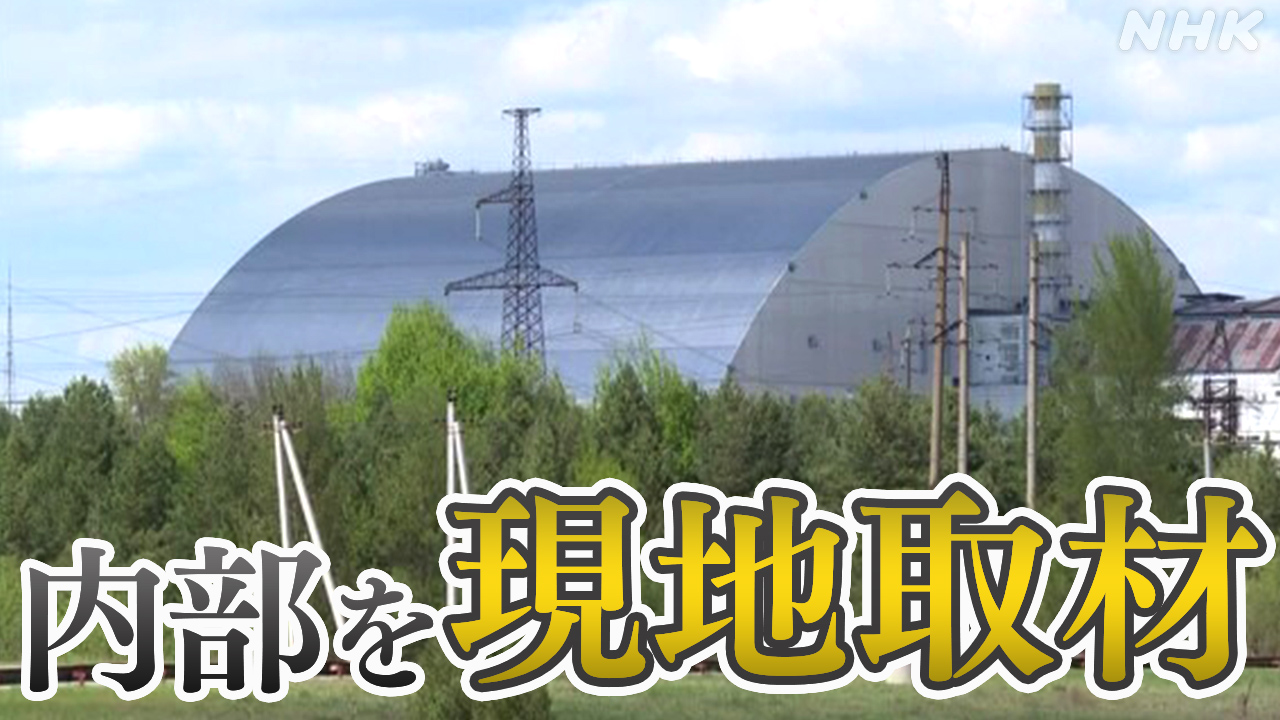Russia's Attack Exposes Chernobyl Shelter's Vulnerability: A Critical Examination
The ongoing conflict in Ukraine has brought renewed attention to the precarious state of the Chernobyl Exclusion Zone, highlighting the vulnerability of the sarcophagus sheltering the damaged nuclear reactor. Russia's military incursion, and the subsequent occupation of the power plant, has raised serious concerns about the long-term safety and security of this crucial containment structure. This article delves into the potential risks, the international response, and the ongoing implications for global nuclear safety.
The Chernobyl Sarcophagus: A History Under Threat
The Chernobyl Disaster of 1986 remains one of history's worst nuclear catastrophes. The initial containment structure, hastily constructed in the aftermath, was prone to deterioration. The New Safe Confinement (NSC), a massive arch-shaped structure completed in 2016, was designed to address these issues, encapsulating the original sarcophagus and preventing further radioactive material release. However, the recent conflict has jeopardized this meticulously planned solution.
Key Threats Posed by the Conflict:
- Physical Damage: The possibility of direct damage to the NSC from shelling or other military actions poses a significant threat. Even minor structural damage could compromise the integrity of the containment, leading to the release of radioactive dust and particles.
- Power Supply Disruption: The NSC relies on a stable power supply for its ventilation and monitoring systems. Damage to the power grid, deliberate disruptions, or power shortages could severely impact the safety of the site.
- Personnel Safety: The continued presence of military personnel in the Exclusion Zone raises concerns about the safety of the workers responsible for maintaining the NSC. Disruptions to their routines could compromise safety protocols.
- Security Breach: The possibility of looting or sabotage, intentionally disrupting the site's critical systems, cannot be discounted.
International Condemnation and Response
The International Atomic Energy Agency (IAEA) has strongly condemned the military actions in the Chernobyl Exclusion Zone, highlighting the significant safety risks. The IAEA's Director General, Rafael Mariano Grossi, has repeatedly called for the protection of the site and its personnel. Many international organizations and governments have echoed these concerns, demanding a cessation of hostilities in and around the Chernobyl nuclear power plant.
Global Implications and Long-Term Concerns
The potential for a catastrophic release of radioactive materials from Chernobyl carries devastating implications for Ukraine, neighboring countries, and the global community. The long-term consequences of even a minor breach in the NSC’s integrity could be far-reaching, impacting public health, agriculture, and the environment for generations to come.
Moving Forward: Ensuring Chernobyl's Safety
The future safety of the Chernobyl Exclusion Zone requires a concerted international effort. This includes:
- Immediate Demilitarization: The urgent removal of military forces from the area is paramount to ensuring the safety of the site and its personnel.
- International Monitoring: Enhanced international monitoring of the site's structural integrity and operational systems is crucial.
- Emergency Preparedness: Ukraine and its international partners must develop robust emergency response plans to mitigate the risks of a potential radioactive release.
- Financial Support: Continued international financial support is necessary to maintain the NSC and ensure the long-term safety and security of the Chernobyl Exclusion Zone.
The ongoing conflict in Ukraine has exposed the vulnerability of the Chernobyl nuclear power plant and highlighted the urgent need for international cooperation to prevent a potential global catastrophe. The world watches with bated breath, hoping for a swift resolution that prioritizes the safety of this critically important site.
Keywords: Chernobyl, Russia, Ukraine, Nuclear Disaster, New Safe Confinement, IAEA, Radioactive, Nuclear Safety, International Security, Conflict, Military Action, Environmental Concerns, Global Implications.
